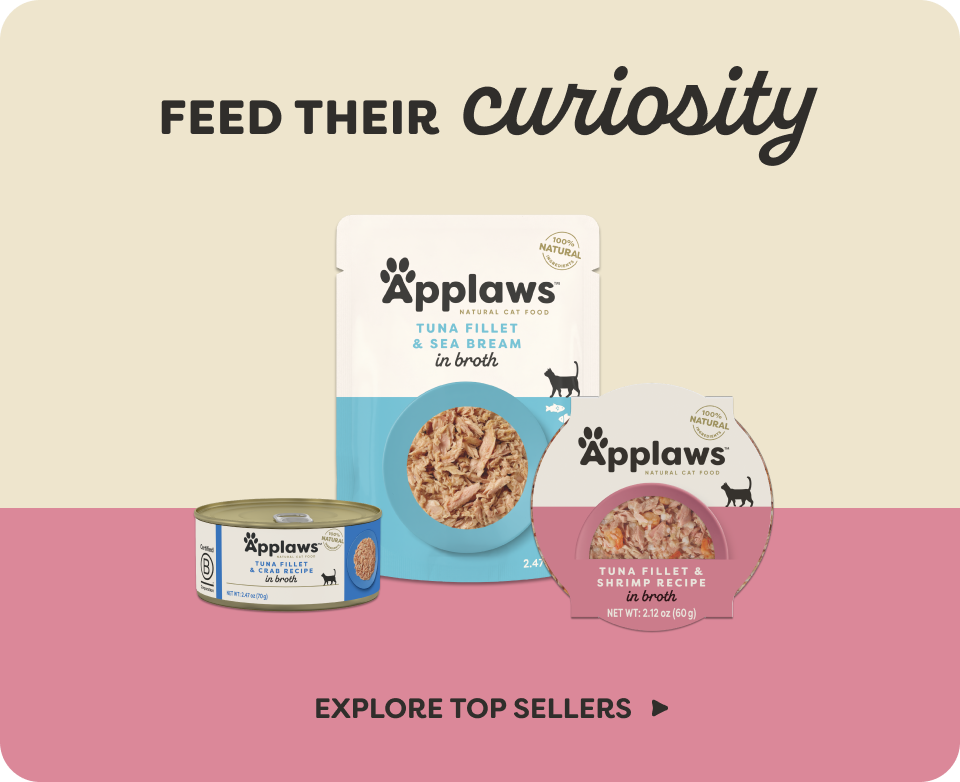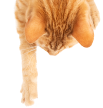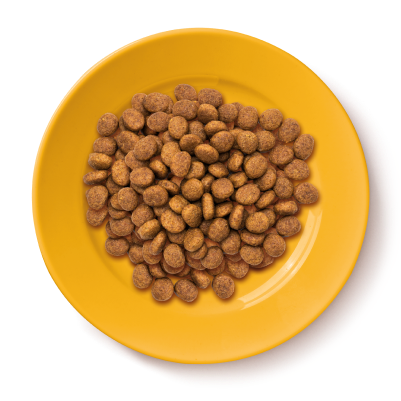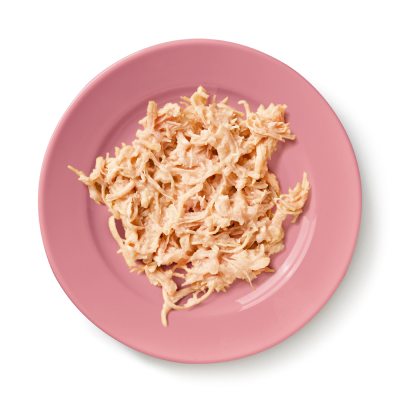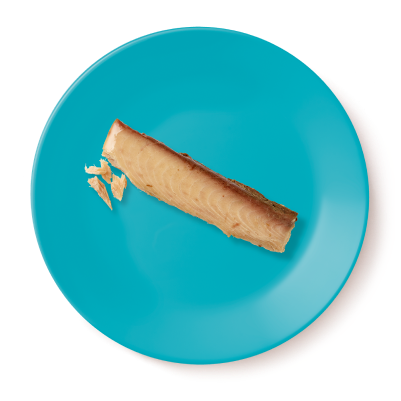-
Shop By Age
-
Kitten
Up to 1 year
-
Adult
1-6 years
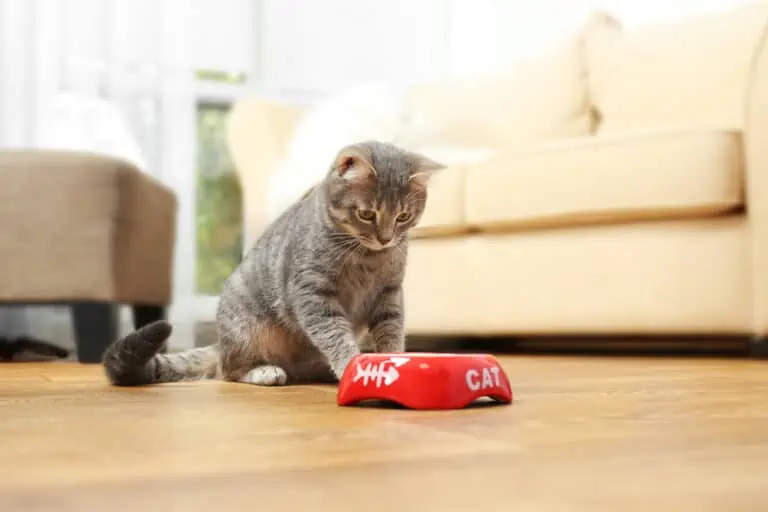
Should I leave food out for my cat overnight?
There are a few things to consider when weighing up whether or not to leave your feline with a midnight feast. Cats are creatures of habit; they can be quite particular and pernickety, meaning they’ll quite happily stick to a structured eating regime.
01/03/2024
There are a few things to consider when weighing up whether or not to leave your feline with a midnight feast.
Cats are creatures of habit; they can be quite particular and pernickety, meaning they’ll quite happily stick to a structured eating regime.
Feeding your fur baby throughout the day, however their meal plan is patterned, is more than ample enough for your pet to survive and thrive.
Round-the-clock consumption is unnecessary, excessive and could have implications on your cat’s health and well-being.
Snacking, instead of sleeping, during the night can lead to weight gain, obesity and other long-term complications.
Keep your kitty fit and healthy by providing measured portions throughout the day while giving their tummies the chance to settle at night.

How long can you leave both dry and wet food out for your cat?
Nobody wants to be left disappointed when it comes to mealtimes – especially not our carnivorous cats.
Your inquisitive kitty has spent the day exploring their surroundings, adventuring into the unknown, so they deserve fresh food that is full of flavour.
Dry varieties tend to have a longer shelf life, they hold on to their nutritional goodness for greater periods of time, but its value will start to deteriorate if it’s left out for too long.
However, even though a bowl of dry kibble will outlast wet foods, it is still important for pet parents to practise good hygiene, which involves discarding any waste and cleaning the bowl thoroughly.
Both types will go stale if left to fester for too long and your furry flatmate will likely let you know if it has lost its appeal.
What are the benefits of leaving food out for your cat overnight?
Here are a few benefits of leaving something out for your cat to snack on overnight.
- Fulfilment: If your four-legged friend doesn’t seem to have much of an appetite during the day, then the best course of action would be to encourage some nighttime nibbles.
- Efficiency: Cats can be incredibly needy and like to let their human companions know when they’re after something. To prevent sleepless nights, or to avoid interruption from a deep dream, leave a little bit of food out overnight for them to graze on.
- Flexibility: While most cats are creatures of habit, some just like to be left to their own devices. That’s why there are those pet parents who opt to ‘free feed’ their kitties, allowing them to eat whenever they choose.
- Isolation: Timid and less assertive animals can find it quite hard to thrive in multi-cat families. The more domineering pets can take control when feeding time comes around, which might mean that some of their siblings miss out. Isolating vulnerable fur babies at night and placing a portion of food in their pen will ensure that they’re getting the nutrients they need to grow.
- Observation: Providing sustenance during day and night, and monitoring your cat’s feeding habits during these periods, observing their patterns, and how they respond to meals at different points over a 24-hour period, will help you develop notable trends, and identify their preferred cycle.
Should I use a slow feeder when putting food out at night?
Slow feeders are a novel way of managing your cat’s feeding habits in your absence.
The last thing pet parents want is for their famished feline to suffer any digestive issues in the middle of the night.
These special feeding bowls will ensure that your kitty doesn’t wolf down their food once they’re ready for their midnight meal.
Slow feeders are a fantastic invention; they’re effective, and make your cat work for their food, which also keeps them entertained and engaged.
Happy and healthy felines need a complete and well-balanced diet
Relationships between cats and their human companions are all very unique – especially when it comes to feeding schedules.
Wet food or dry food, day or night, it’s up to every pet parent to find out the perfect pattern for their kitties.
Some cats will happily split mealtimes over a 24-hour period, while others will consume their recommended calorie intake in various sittings throughout the day.
As long as your four-legged friend is eating regularly, getting a nutritional, complete and well-balanced diet, and continues to grow into a fit and healthy feline, then the details of where and when they dine becomes secondary.
Just remember to keep their food fresh!
